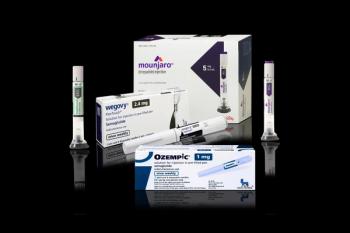
GLP-1 receptor agonists showed promise in lowering obesity-related cancer risks in adults with type 2 diabetes, particularly colorectal cancer.


GLP-1 receptor agonists showed promise in lowering obesity-related cancer risks in adults with type 2 diabetes, particularly colorectal cancer.

Your daily dose of the clinical news you may have missed.

Your daily dose of the clinical news you may have missed.
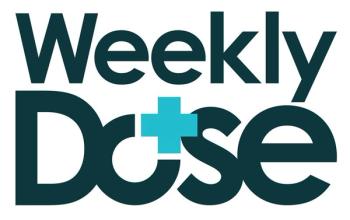
PODCAST: Listen to our first episode for new research on bacterial vaginosis, a new treatment option for chronic urticaria, and more.

The increase in stool-based CRC testing is a logical trend, Hendrick said in an interview, given the convenience plus the 2 million younger adults now eligible for screening.
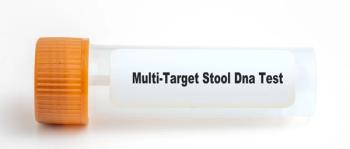
DDW 2025. Follow-up colonoscopy after a positive stool-based test was superior among adults aged 45-49 and across diverse populations whose original test was mt-sDNA.

While smoking in the US continues to decline, the American Cancer Society reports mixed progress in major cancer risk factors, prevention, and screening.
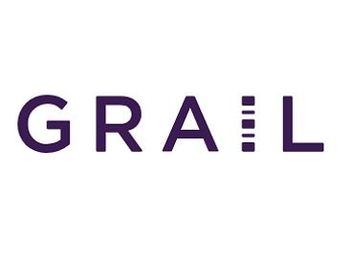
GRAIL announced plans to present new support for the Galleri test's ability to simultaneously screen for multiple cancers plus its accuracy for cancer signal of origin prediction.

The increase in pancreatic cancer among Americans aged 15 to 34 is particularly alarming and should alert clinicians to heed relevant GI symptoms as suspicious.

The phone-based patient navigation intervention addressed barriers to CRC testing follow-up and included patient education.
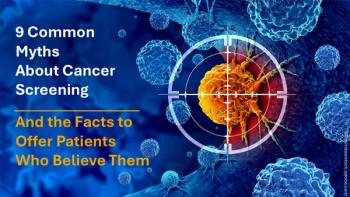
Myths and fears about cancer screening may be keeping some of your patients from important tests. Always ask about misconceptions, and then offer the facts.

Your daily dose of the clinical news you may have missed.

Your daily dose of the clinical news you may have missed.

The model identified BMI, tobacco use, and family history of CRC as the strongest predictors for advanced neoplasia in young adults.
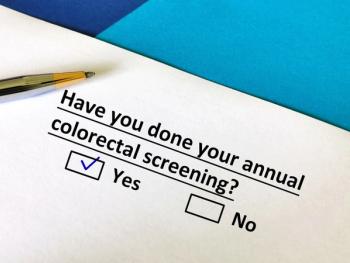
Adding a deadline to a mailed invitation for FIT colorectal cancer screening resulted in improved return rates, according to new research.
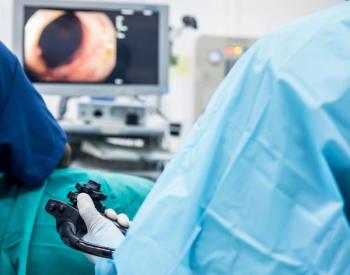
New AGA guidelines conclude that it is not clear whether computer-aided detection systems for colonoscopy should be recommended for routine widespread use.
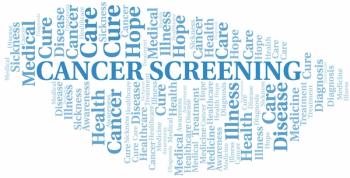
Cervical cancer screening rates remained below prepandemic levels, while rates for breast and colorectal cancers rebounded from pandemic declines.

New evidence-based guidance for bowel prep considers patient preference and history and updates timing of prep regimen, dietary restrictions, and follow-up recommendations.

The outsized burden continues among Black men, a group with prostate cancer incidence rates 67% higher than those of White men and mortality rates more than twice as high.

A family medicine specialist who works with cancer survivorship highlights findings of a study that illustrate how effective screening is and how treatment has changed.
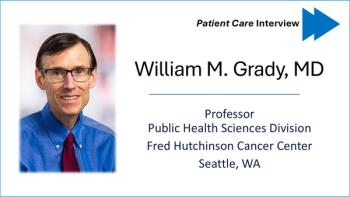
William Grady, MD, coauthor of the ECLIPSE trial, discusses how the Shield cfDNA blood-based test compares to traditional CRC screening methods.
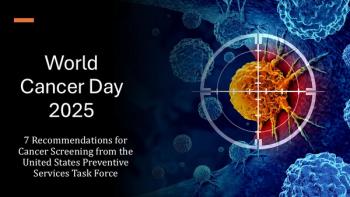
World Cancer Day 2025 urges focus on the unique personal journey underlying every cancer diagnosis; individual recommendations for regular screening is where that can start.

William Grady, MD, coauthor of the ECLIPSE study, discusses the use of non-invasive cfDNA blood-based tests for CRC screening in older adults.

William Grady, MD, highlights ongoing efforts to improve test sensitivity and developments of new blood-based tests for early detection of CRC.

Your daily dose of the clinical news you may have missed.